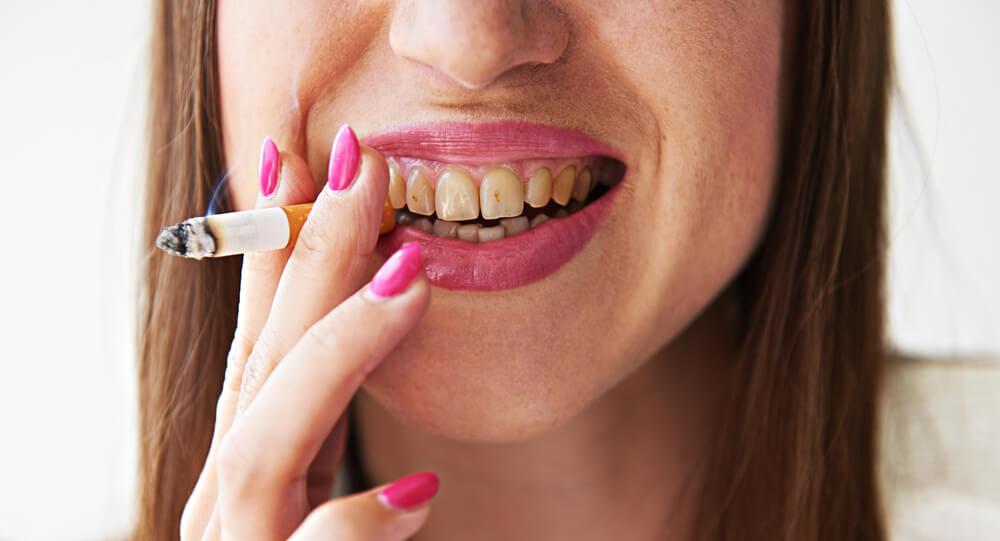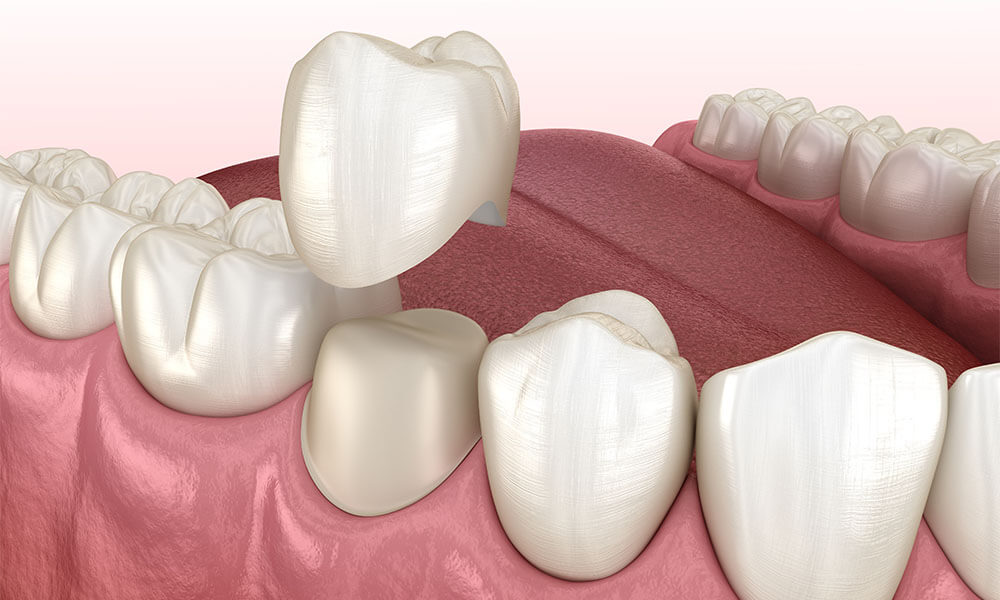The impact of smoking on oral health is profound. As a general dentist, I often witness the damage firsthand. Patients with a smoking habit frequently deal with issues ranging from stained teeth and bad breath to severe problems like gum disease and oral cancer. In the dental heartland of root canals marion, I find that smokers are more likely to need this kind of procedure. This blog post will delve into the harmful effects of smoking on oral health, providing valuable insights for those who seek to understand the gravity of the situation.
The Damaging Effects of Smoking on Oral Health
Smoking harms the mouth, gums, and teeth in a variety of ways. Just as smoke turns white walls yellow, it stains teeth a yellow-brown color. Bad breath is another common issue for smokers, as are taste and smell disturbances.
However, the physical effects go far beyond these outward signs. Smoking restricts blood flow to the gums, which can lead to gum disease and even tooth loss. The risk of oral cancer is also drastically increased for smokers. According to the Centers for Disease Control and Prevention, about 9 out of 10 people who die from oral and pharyngeal cancers are tobacco users.

Smoking and Root Canals
In the realm of root canals, smokers are frequent visitors. Why? Smoking reduces blood flow, hindering the ability of the gums and oral tissues to heal. This can lead to serious problems such as abscesses that require root canals to treat.
Quitting and Oral Health
The good news is that quitting smoking can greatly improve oral health. Even long-term smokers will notice a difference. Teeth can be whitened, bad breath decreases, and the risk of gum disease and oral cancer drop significantly.
A Risk Not Worth Taking
The effects of smoking on oral health are clear. Stained teeth, bad breath, gum disease, oral cancer, and a higher likelihood of root canals are all risks that come with the habit. Consider these impacts and make the choice for healthier teeth and a healthier life. No puff is worth the pain.




